The pink rose, also known as the "Mohammad rose" in Iran, is one of the most valuable varieties of roses. This flower is not only noted for its beauty and delightful aroma, but also for its medicinal, cosmetic, and perfumery uses. Below, we examine the characteristics of the petals of this flower in terms of appearance, chemistry, and application:
Appearance of rose petals (Rosa damascena)
Light pink to deep pink (depending on type and climatic conditions)
Oval petal shape with delicate wavy edges
The number of petals is usually between 30 and 50 per complete flower.
Thin, delicate and translucent thickness
Soft texture, downy on the underside, slippery to the touch
Very strong, sweet and pleasant aroma, with fruity and floral notes.
Important chemical compounds in flower petals
Role/Application Combination
Citronellol: Fragrance, antibacterial properties
Geraniol: Sweet, calming, and anti-inflammatory scent
Nerol: Aromatherapy and relaxation aid
Phenylethanol, floral scent, mild disinfectant
Flavonoids: Antioxidant, anti-inflammatory
Anthocyanins: Natural pigments, anticancer properties
Medicinal properties of rose petals
Sedative: Effective in treating anxiety and insomnia.
Antidepressant: Use in aromatherapy
Disinfectant: For superficial wounds
Anti-inflammatory: for sensitive or inflamed skin
Mild laxative: in rose tea
Industrial uses of flower petals
1. Rose water production
2. Extraction of rose oil (perfume)
3. Pharmaceutical industries (tea, extract)
4. Cosmetics (masks, creams, toners)
5. Traditional confectionery (halwa, muscat, jam)

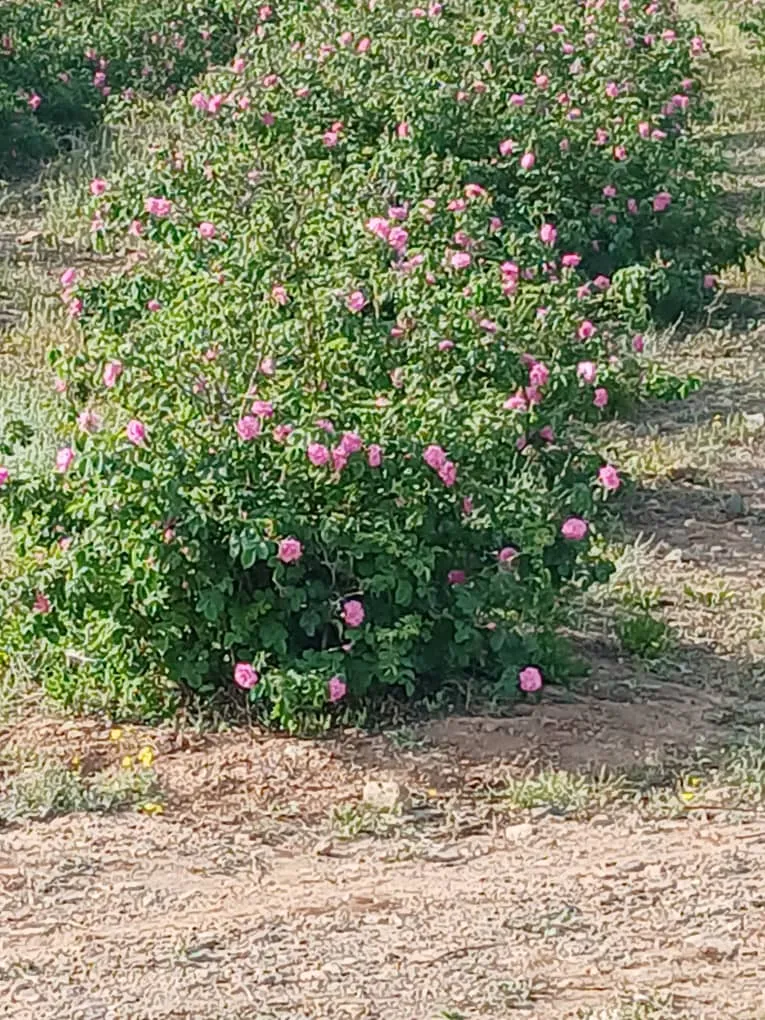






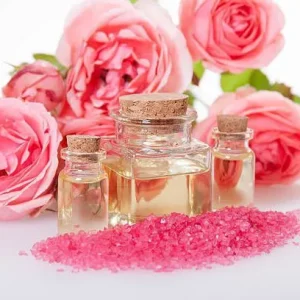
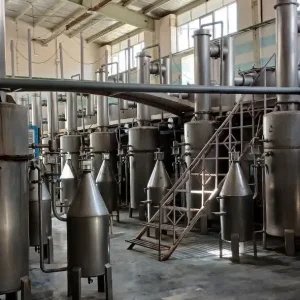


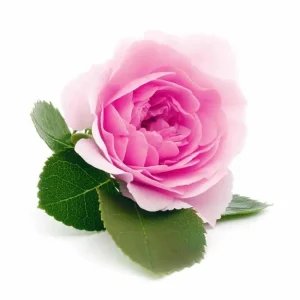
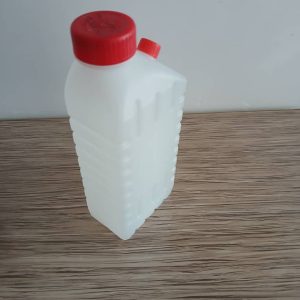
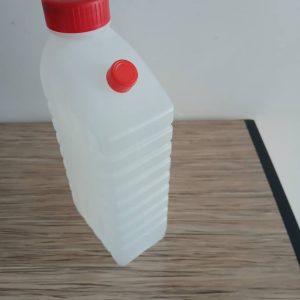
Reviews
There are no reviews yet.